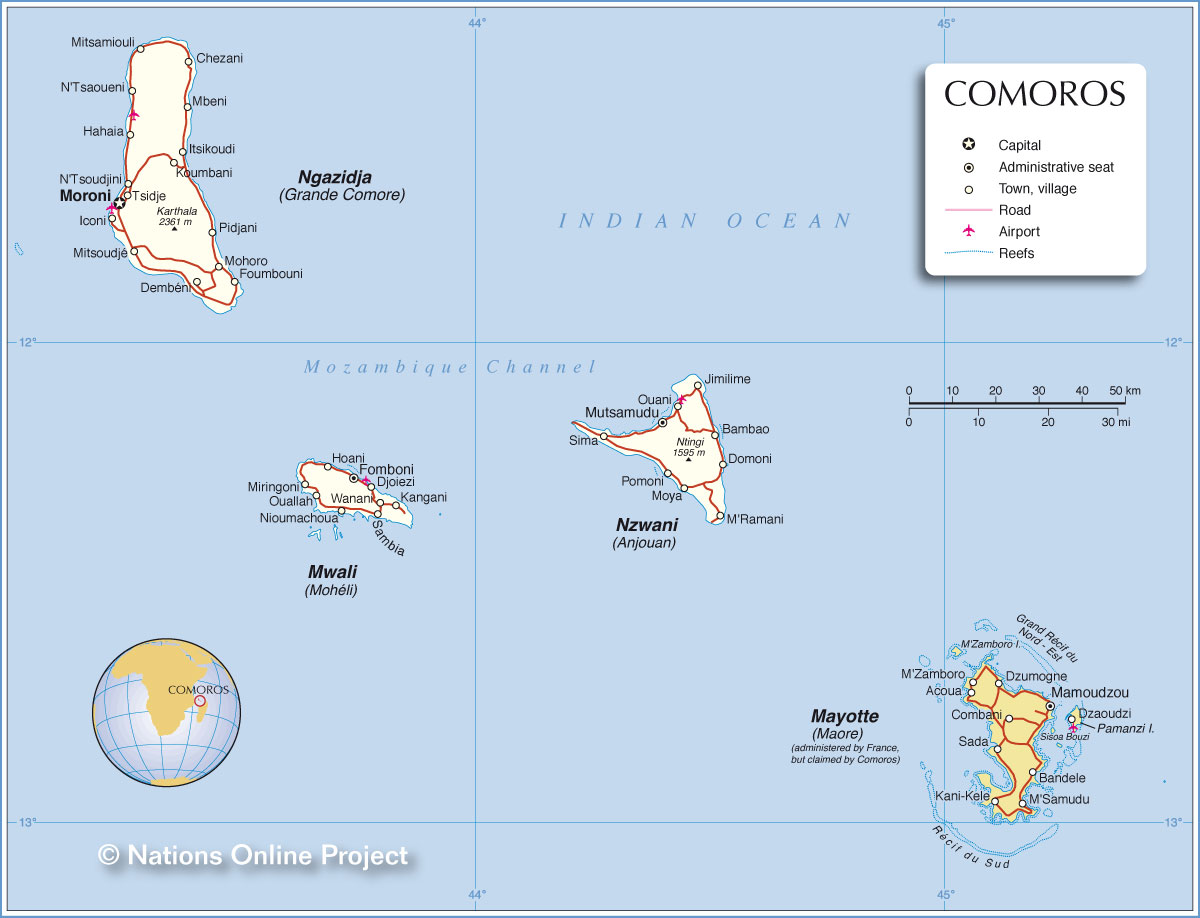From Jack:
The restaurants in Antananarivo have been excellent thus far. I have only been to a few: Le Grand Orient, La Plantation, and Le Carnivore--but my darling wife has been to a good smattering of them for lunch during the day. While the languid speed of service often leaves ample room for improvement (think Paris speed but without the snooty waiters), the food itself has impressed me (as well as the low prices)!
Finding information for a restaurant in Antananarivo, Madagascar, however, is a much more difficult affair for those of us accustomed to gentlemenly ease of YELP, SeamLess, OpenTable, GrubHub on the world wide interwebs--namely because it turns out that the world wide interweb is not as worldly or wide (or webby) as one assumes living in the cushy, connected northwestern hemisphere. For those of us with parents of a certain age, these elderly founders of our nation would no doubt feel at ease in the very papered and Yellow-Pagey 3rd world. I mean, who among us hasn't embarked on a road trip somewhere and had a parent inquire as to whether or not we had a map packed away.
A MAP! A map you say!
How cute.
Instead here in Tana, one needs to find a free promotional tourism booklet that comes out periodically here in Tana. At the back of which one will find an (incomplete) listing of restaurants here in town with their phone numbers. Of course as you can see from my annotation, the numbers aren't always correct.
You might also note that there aren't any addresses for the restaurants below. Try typing the name of most restaurants below in google maps and you won't get much a result for most of them. For a few of them you will get a few questionableTripAdvisor reviews with outdated or outright fictitious restaurant information. This largely stems from the fact that the majority of streets in Madagascar don't have names and they certainly don't have street signs (although this is slowly changing).
What It's Like: To Find the number for a Restaurant in Antananarivo
The restaurants in Antananarivo have been excellent thus far. I have only been to a few: Le Grand Orient, La Plantation, and Le Carnivore--but my darling wife has been to a good smattering of them for lunch during the day. While the languid speed of service often leaves ample room for improvement (think Paris speed but without the snooty waiters), the food itself has impressed me (as well as the low prices)!
Finding information for a restaurant in Antananarivo, Madagascar, however, is a much more difficult affair for those of us accustomed to gentlemenly ease of YELP, SeamLess, OpenTable, GrubHub on the world wide interwebs--namely because it turns out that the world wide interweb is not as worldly or wide (or webby) as one assumes living in the cushy, connected northwestern hemisphere. For those of us with parents of a certain age, these elderly founders of our nation would no doubt feel at ease in the very papered and Yellow-Pagey 3rd world. I mean, who among us hasn't embarked on a road trip somewhere and had a parent inquire as to whether or not we had a map packed away.
A MAP! A map you say!
How cute.
How...dare I say it...retro--I can almost picture an old folded map ironically jutting out from the glove compartment of one of my hipster relative's car as he blasts the latest indie violin-polka album whilst sporting suspenders, a straw beret and impossibly tight acid washed jean capris...ahem...but I digress..
Instead here in Tana, one needs to find a free promotional tourism booklet that comes out periodically here in Tana. At the back of which one will find an (incomplete) listing of restaurants here in town with their phone numbers. Of course as you can see from my annotation, the numbers aren't always correct.
You might also note that there aren't any addresses for the restaurants below. Try typing the name of most restaurants below in google maps and you won't get much a result for most of them. For a few of them you will get a few questionableTripAdvisor reviews with outdated or outright fictitious restaurant information. This largely stems from the fact that the majority of streets in Madagascar don't have names and they certainly don't have street signs (although this is slowly changing).
So one is relegated to using Oregon-Trailish directions when describing the location of a restaurant: "So you go past the American School until you get to Devil's Triangle, then you go straight past two sets of rice paddies and turn left just after the Lutheran Church--you won't think it's a street but don't worry people in the market will get out of your vehicle's way" (this is a near verbatim excerpt of directions I have commonly received).
Luckily google maps has a mapmaker function where you can edit their map and even add restaurants and stores. Some of the good ones have already been added: brunch n bio is on there already (albeit in the wrong location) to name one.











